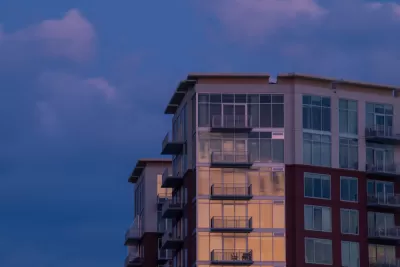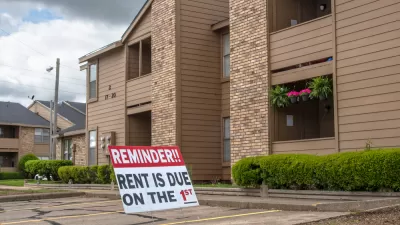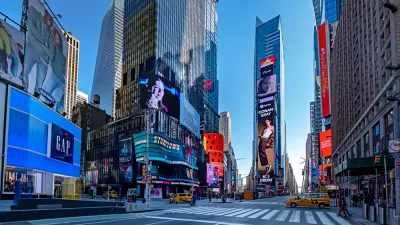A new report by RentCafé reveals the extent of the pandemic's influence on the rental market—so far.

Irina Lupa shares findings of a year-end rental market report from RentCafé, describing the year as tumultuous and the market as adaptable. Still, the emerging practices of virtual tours and contactless property management were unable to prevent a decline in rental activity in most large cities in the country.
Key findings of the report, with more details included in the source article, include the following:
- Renting activity was 10% slower in 2020, with a shorter rental season that started with a two-month delay
- Gen Z overtook Gen X and is the only renter generation that became more active this year
- 18 of the 30 largest U.S. cities saw more renters leaving compared to last year
- Apartment rents decreased in all top 10 most expensive cities for renters in 2020
As summarized by Lupa, the trends of the year do reveal fundamental changes to the rental market—changes that will have a direct impact on the social and economic makeup of the country once the coronavirus is finally and completely defeated.
A new cohort of renters, Generation Z, is now the second most active group of renters, overtaking Gen X-ers, while the front-runner generation of Millennial renters is shrinking. In terms of moving, there was an increase in renters who decided to move out of some large cities in 2020, including Detroit, New York and Seattle. And finally, 2020 was the year when rent prices fell in all of the nation’s ten most expensive large cities for renters, with San Francisco, New York, Boston and Seattle in the lead.
In addition to the more documented and discussed factors contributing to these trends, the article also notes that renters are dealing with stagnant wages for the first time in years, and provides specific data on rental prices and rental activities in cities all over the country.
Given that eviction moratoriums are still in place at numerous levels of government around the country, and stay-at-home orders and other restrictions are being added in numerous locations around the country as a third wave of infections takes a terrible toll on the country, the pandemic's influence on the rental market in cities is likely to be felt for several years to come.

Alabama: Trump Terminates Settlements for Black Communities Harmed By Raw Sewage
Trump deemed the landmark civil rights agreement “illegal DEI and environmental justice policy.”

Planetizen Federal Action Tracker
A weekly monitor of how Trump’s orders and actions are impacting planners and planning in America.

Why Should We Subsidize Public Transportation?
Many public transit agencies face financial stress due to rising costs, declining fare revenue, and declining subsidies. Transit advocates must provide a strong business case for increasing public transit funding.

Understanding Road Diets
An explainer from Momentum highlights the advantages of reducing vehicle lanes in favor of more bike, transit, and pedestrian infrastructure.

New California Law Regulates Warehouse Pollution
A new law tightens building and emissions regulations for large distribution warehouses to mitigate air pollution and traffic in surrounding communities.

Phoenix Announces Opening Date for Light Rail Extension
The South Central extension will connect South Phoenix to downtown and other major hubs starting on June 7.
Urban Design for Planners 1: Software Tools
This six-course series explores essential urban design concepts using open source software and equips planners with the tools they need to participate fully in the urban design process.
Planning for Universal Design
Learn the tools for implementing Universal Design in planning regulations.
Caltrans
Smith Gee Studio
Institute for Housing and Urban Development Studies (IHS)
City of Grandview
Harvard GSD Executive Education
Toledo-Lucas County Plan Commissions
Salt Lake City
NYU Wagner Graduate School of Public Service





























